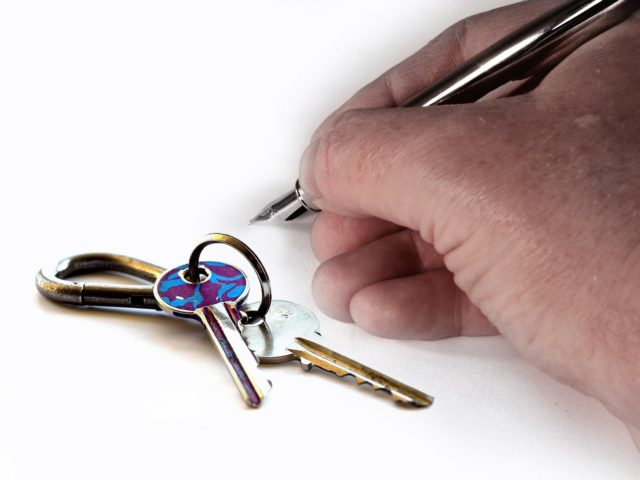Landlord negligence can be a serious violation of health and housing codes. If a landlord violates the law and is negligent, they can be sued by a tenant. Rental properties must be maintained to meet local standards of habitation.
Tenants should refer to their lease to understand the responsibilities of the landlord.
Review the Lease for Responsibilities of the Landlord
Tenants have a right to a livable place, and there’s an implied warranty on a rental that it will remain habitable.
“Leases should clearly spell out responsibility for property maintenance and procedures for reporting and handling property damage and any unexpected issues that may arise,” explains Mainor Wirth.
You should also refer to your state and local housing laws to understand what your rights are as a tenant.
Minor Repair Versus Habitability Problem
You may think a repair is urgent, but the issue may not be considered a habitability problem. For example, a leaking roof may cause a stain on the ceiling, but this may be a minor leak and a minor repair.
But if the leaking roof is causing water to drip on the carpet or on your furniture, this would be considered a habitability problem.
Minor repairs may not be covered by the landlord, and this would include a leaky faucet or worn flooring. Cosmetic repairs are not required to be covered by a landlord, but you must refer to the following to better understand how to address your problem:
- Lease
- Landlord-tenant laws of your state
- Building costs
It’s often more difficult to get your landlord to make minor repairs. Major repairs, on the other hand, are required to be fixed by the landlord. If the landlord does not choose to make the repairs, you can follow what is called “repair and deduct” procedures.
These procedures, which exist in most states (but not all), allow a renter to withhold their rent or use the rent to “repair and deduct.” Essentially, if you have to make a major repair as a tenant, you can withhold the money from the rent owed to the landlord.
What Can You Do?
All states, aside from Arkansas, allow you to bring your landlord to small claims court. If your landlord has failed to provide habitability, you may sue the landlord. If you’re on a month-to-month lease, this may result in the landlord choosing not to renew your lease.
Defective housing conditions may result in a landlord being sued for injuries resulting from landlord negligence.
You must have provided the landlord with a request to make the repair before suing. Then, it’s up to you, the tenant, to alert the landlord of any major issues impacting your home.








